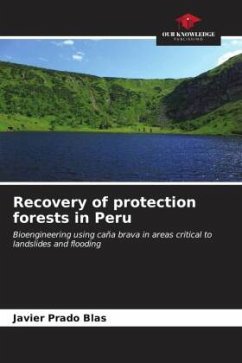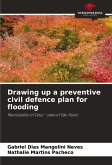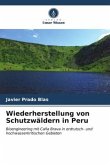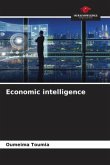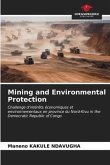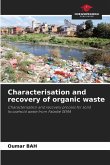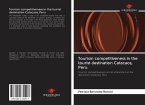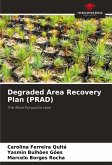This work is a synthesis of the results of research and experimental work, many of which were carried out with the participation of university students from the Universidad Nacional Agraria de la Selva and agricultural producers, extension work and technical dissemination of production systems and control of soil degradation processes, The Caña Brava Project in Peru was born in 2001, based on Gaia's original hypothesis, seeking the self-regulation and dynamic equilibrium of the mega-biodiversity but on the scale of the Amazon river basin, the largest on the planet. The project involved studies in part of the high Andean territory (incorporating the basins of the Marañón, Huallaga and Ucayali rivers) and in the upper eastern part of the Amazon floodplain in Peru.
Bitte wählen Sie Ihr Anliegen aus.
Rechnungen
Retourenschein anfordern
Bestellstatus
Storno

